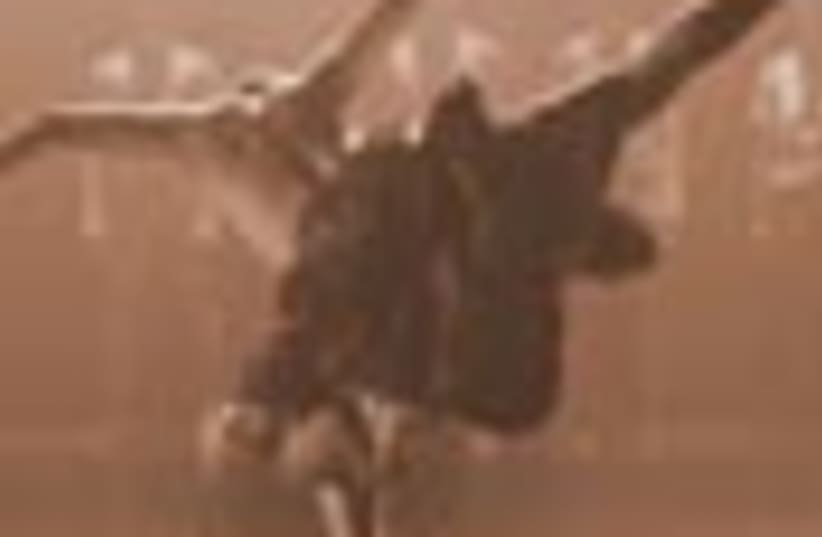Dance Review: 'Kamus/Love'
The young Batsheva Ensemble company was challenged by the performance of Ohad Naharin and Sharon Eyal's repertoire works.
Ensemble Batsheva
Kamus/Love
Suzanne Dellal
Tel Aviv
February 19
The young Batsheva Ensemble company was challenged at this evening performance of Ohad Naharin and Sharon Eyal's repertoire works. On this occasion, the company danced three older pieces by Naharin, some of which have not been seen on our stages for ages.
The group opened with a segment from Seder (2007), which was impressive and made them look smart, at their best. They demonstrated unusually strong ensemble work and a good grip on Naharin's prevailing lexicon, which made one want to see the entire work.
Immediately following was Pasomezzo, a duet from 1988 that Naharin used to perform with his late wife, Mari Kajiwara. The two young dancers who executed that duet were extremely meticulous, musical and fresh, but they had a hard time competing with the two fabulously mature original dancers who had infused a measure of strong intimacy to the duet.
The third piece by Naharin was Kamus (1994), originally choreographed for the Nederlands Dans Theater. The young troupe followed the steps of one of Europe's leading dance companies, which must have been an enormous pleasure for them, but it left a bit of a dry aftertaste for me.
But the greatest challenge was yet to come. The 15 dancers of the ensemble took part in Love, by Sharon Eyal. This piece is highly technical and requires a very strong disposition. I'm afraid they were not yet up to it. It's an unusually physical, forceful work which demands the impossible task of being concurrently devouringly passionate and totally blasé. Just a few dancers could pull off both, while others looked lost and out of their element.
One dance artist a couple of seasons ago who managed to own each move and make it meaningful was Talia Paz, in Sharon's adaptation of Love into a solo. Since then, performing Love could be hazardous to a dancer's esteem.
if(catID != 151){
var cont = `Take Israel home with the new
Jerusalem Post Store
Shop now >>
`;
document.getElementById("linkPremium").innerHTML = cont;
var divWithLink = document.getElementById("premium-link");
if(divWithLink !== null && divWithLink !== 'undefined')
{
divWithLink.style.border = "solid 1px #cb0f3e";
divWithLink.style.textAlign = "center";
divWithLink.style.marginBottom = "40px";
divWithLink.style.marginTop = "40px";
divWithLink.style.width = "728px";
divWithLink.style.backgroundColor = "#3c4860";
divWithLink.style.color = "#ffffff";
}
}
(function (v, i){
});

